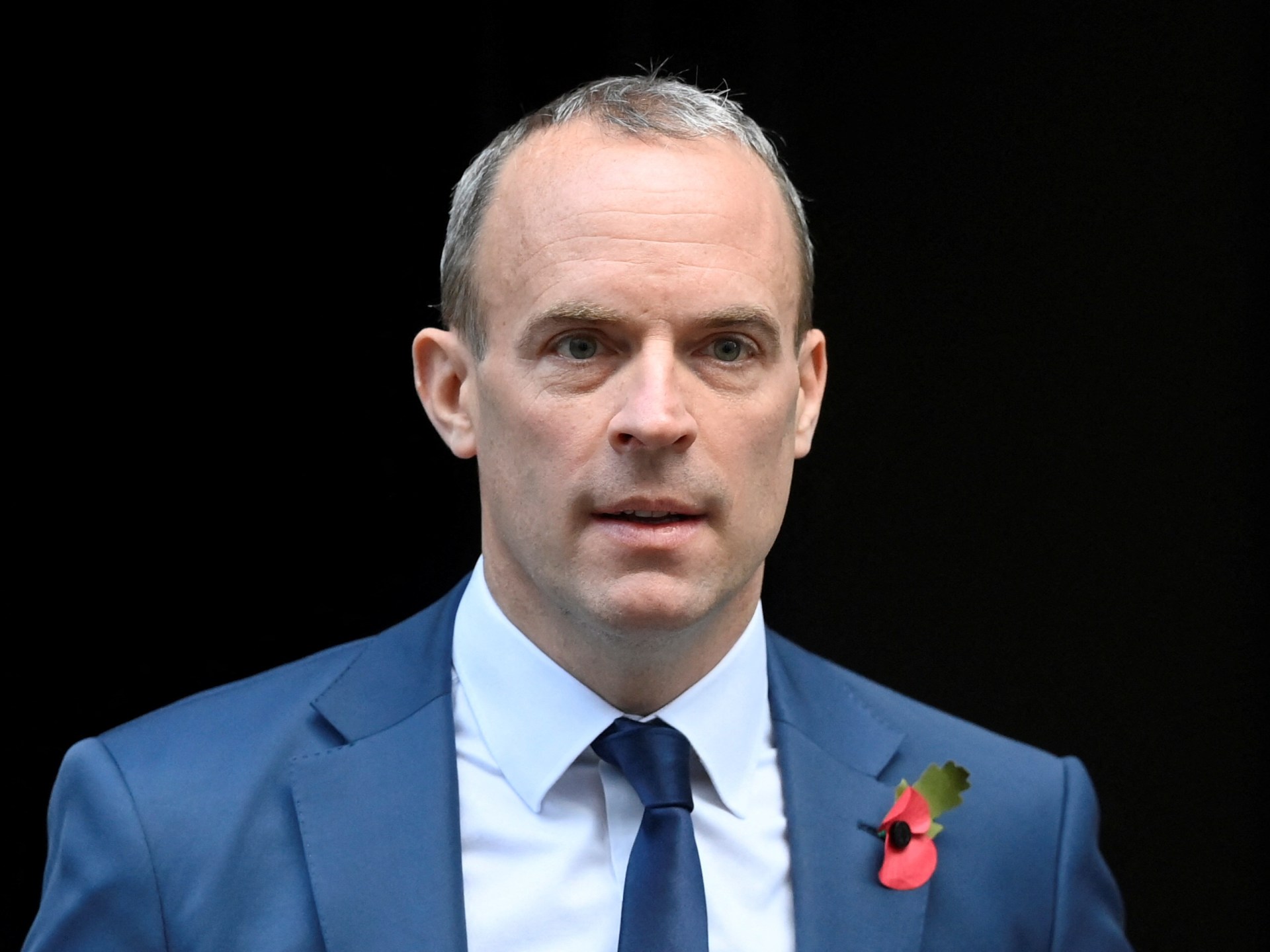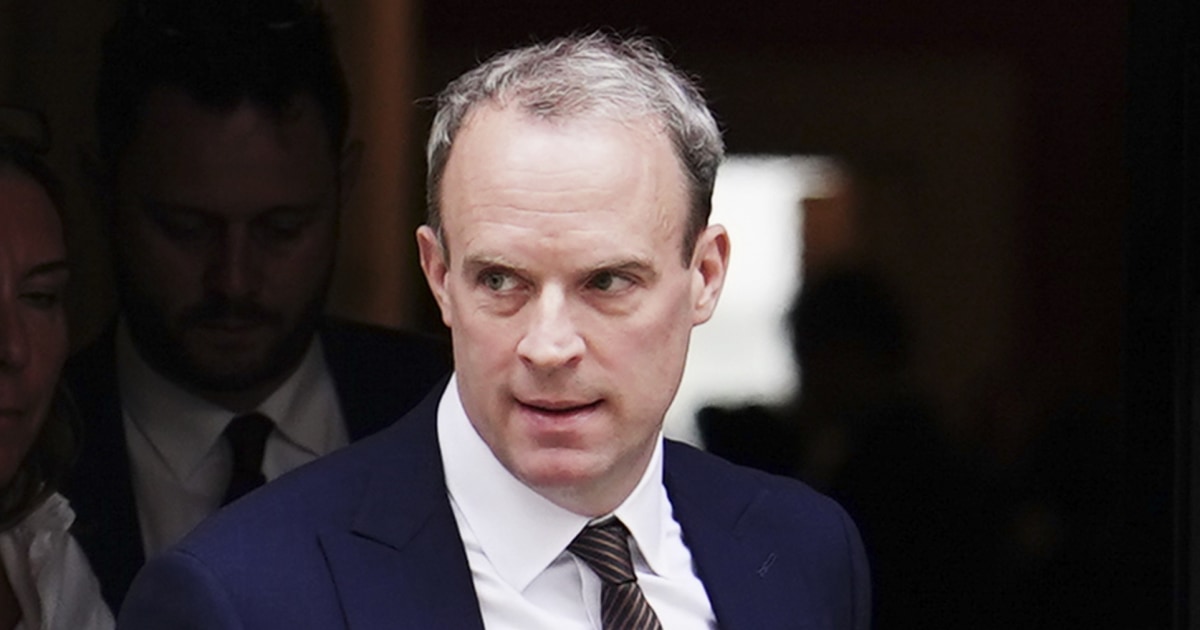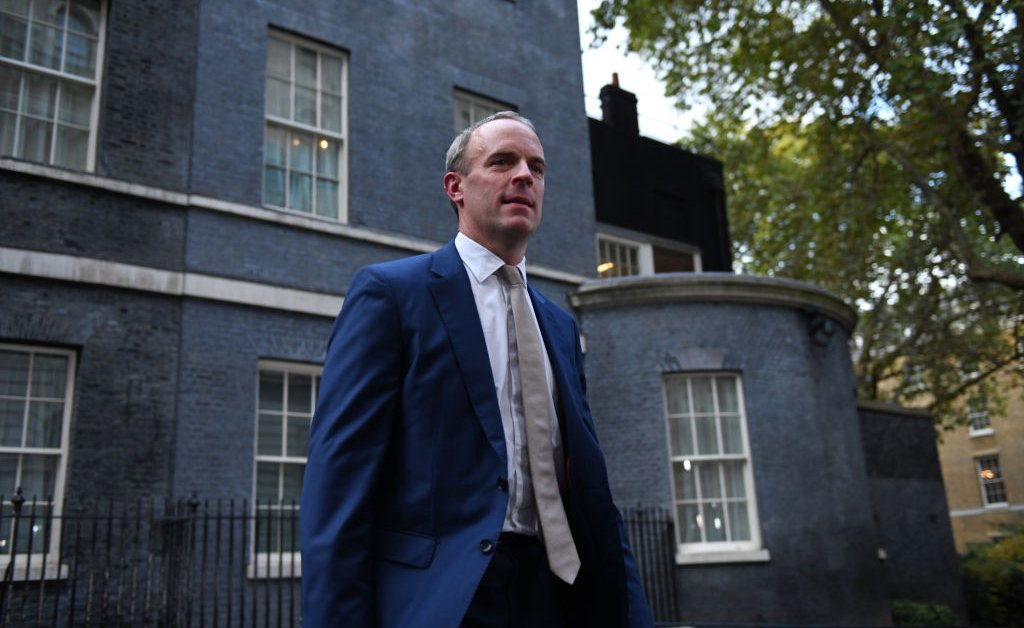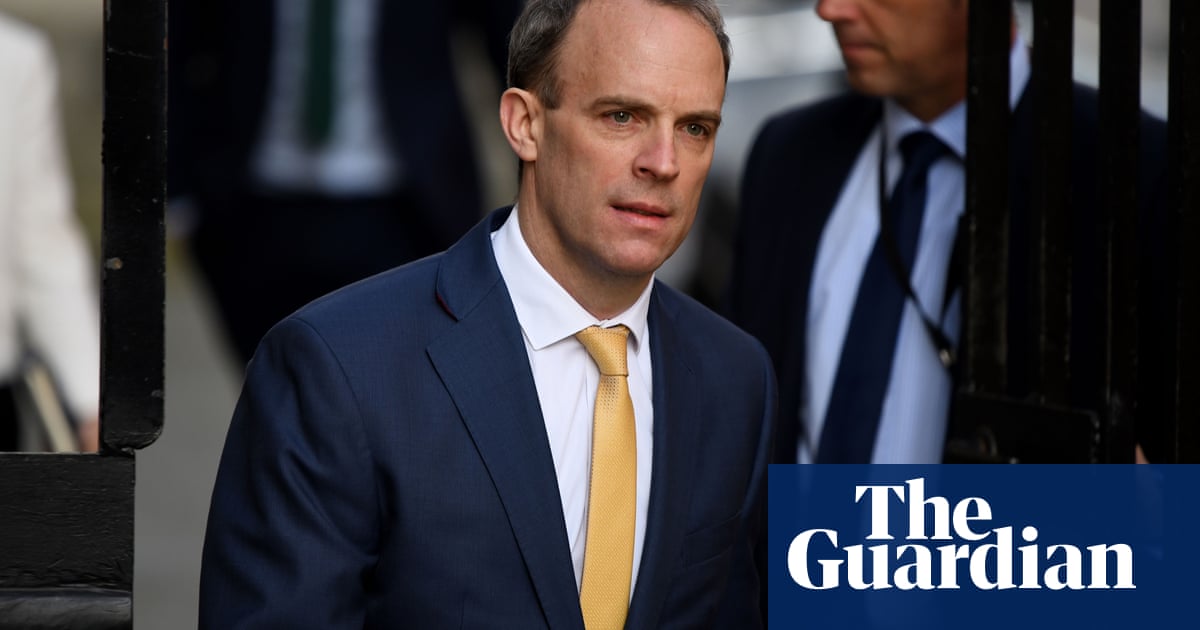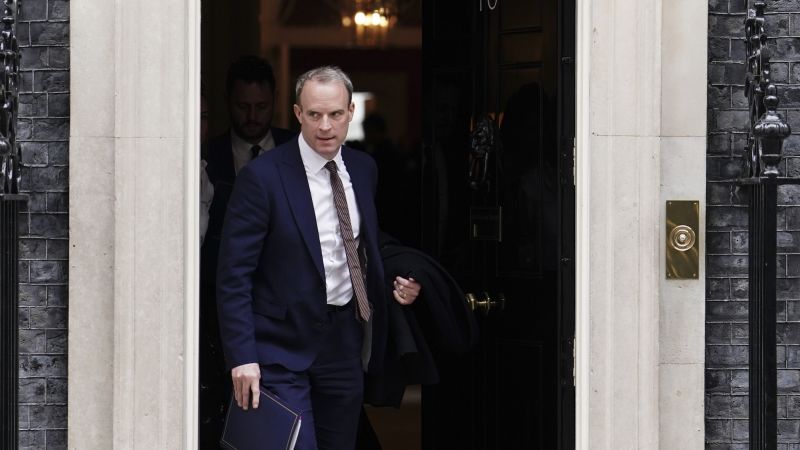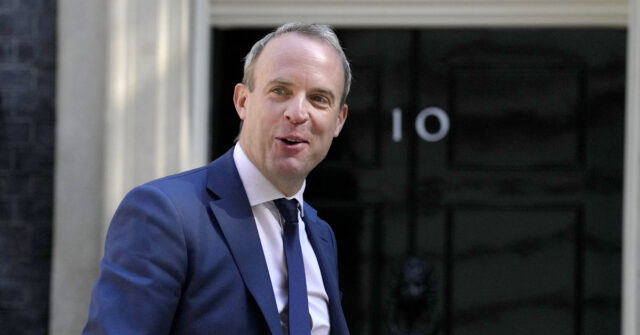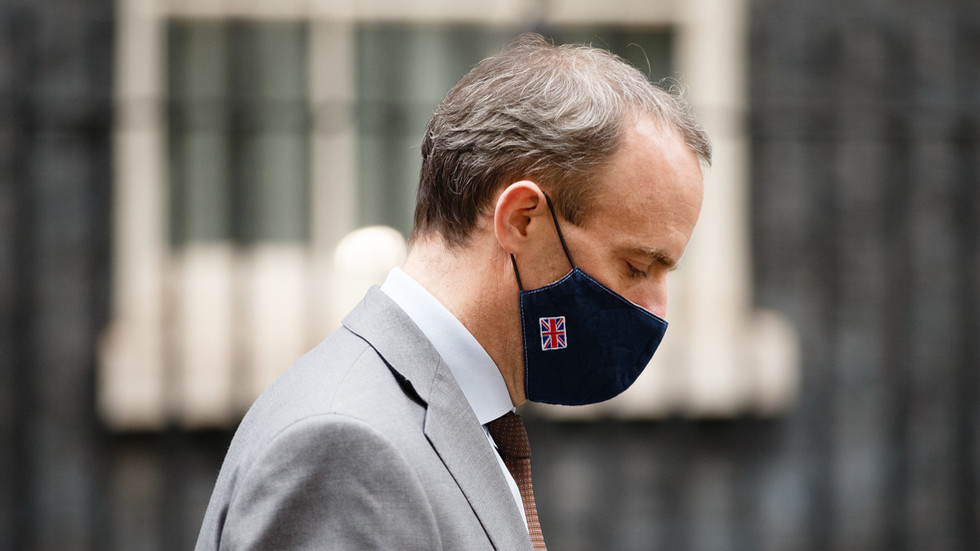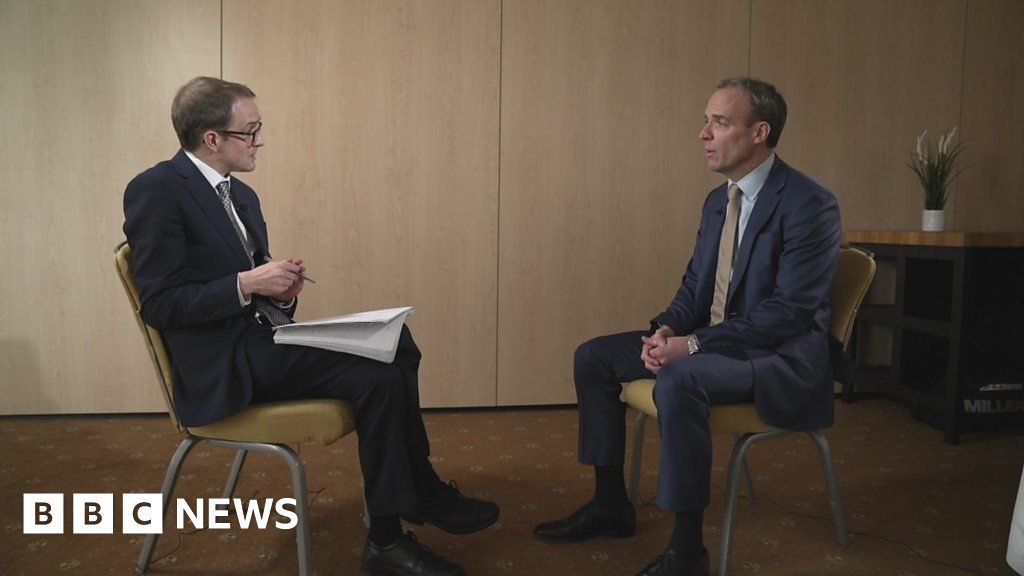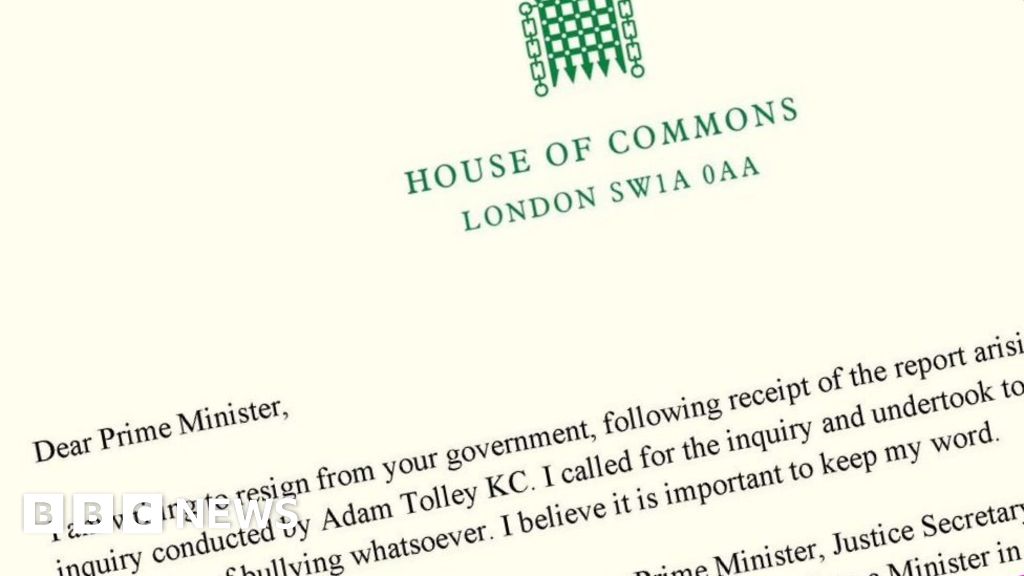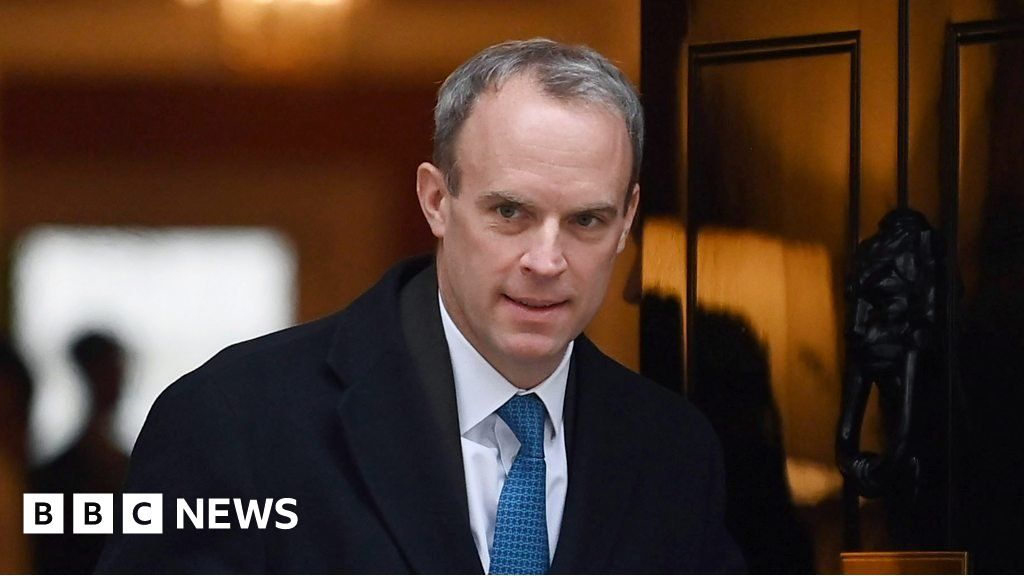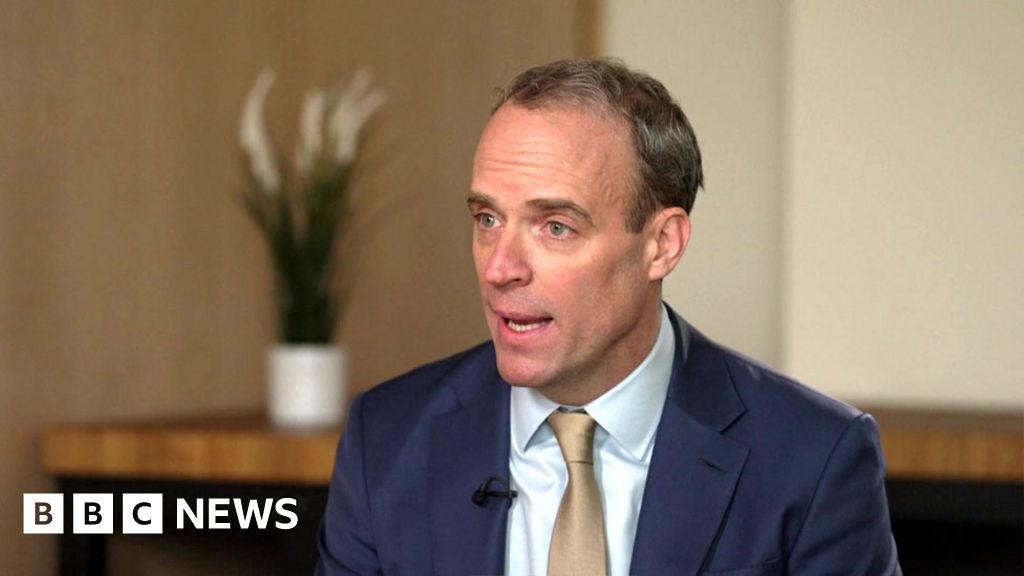The Facts
Dominic Raab on Friday resigned as the UK's deputy prime minister and justice secretary, after a months-long independent investigation found he had bullied multiple government officials across three different departments.
In a letter posted on Twitter, Raab — who had pledged to resign if investigators found any evidence of bullying — said the inquiry had "set a dangerous precedent" by "setting the threshold for bullying so low."
The Spin
Left narrative
This is a huge setback for Rishi Sunak, who had promised to put integrity, professionalism, and accountability at the heart of his administration. The fact that he knew Raab belittled and demeaned his staff before reappointing him shows he never intended to root out bullying from his cabinet — he is failing to deliver the ethics he promised.
Right narrative
The motives of government officials who complained about Raab must be questioned, as even the investigators found that the now ex-deputy PM did not intend to upset, humiliate, or physically intimidate anyone. We might never get to know the whole truth due to shortcomings in the inquiry, including the systematic leaking of skewed and fabricated claims, which resulted in Raab being subject to trial by the media.
Cynical narrative
There is one inevitable conclusion to this whole saga — a real bully always bounces back. There is a hugely disproportionate power dynamic between politicians and government employees, and a plethora of examples of similar cases go unheard. Raab will inevitably return to the front bench, and ministers' bullying behavior towards civil servants will likely continue to be both a symptom and a cause of this sick government.


